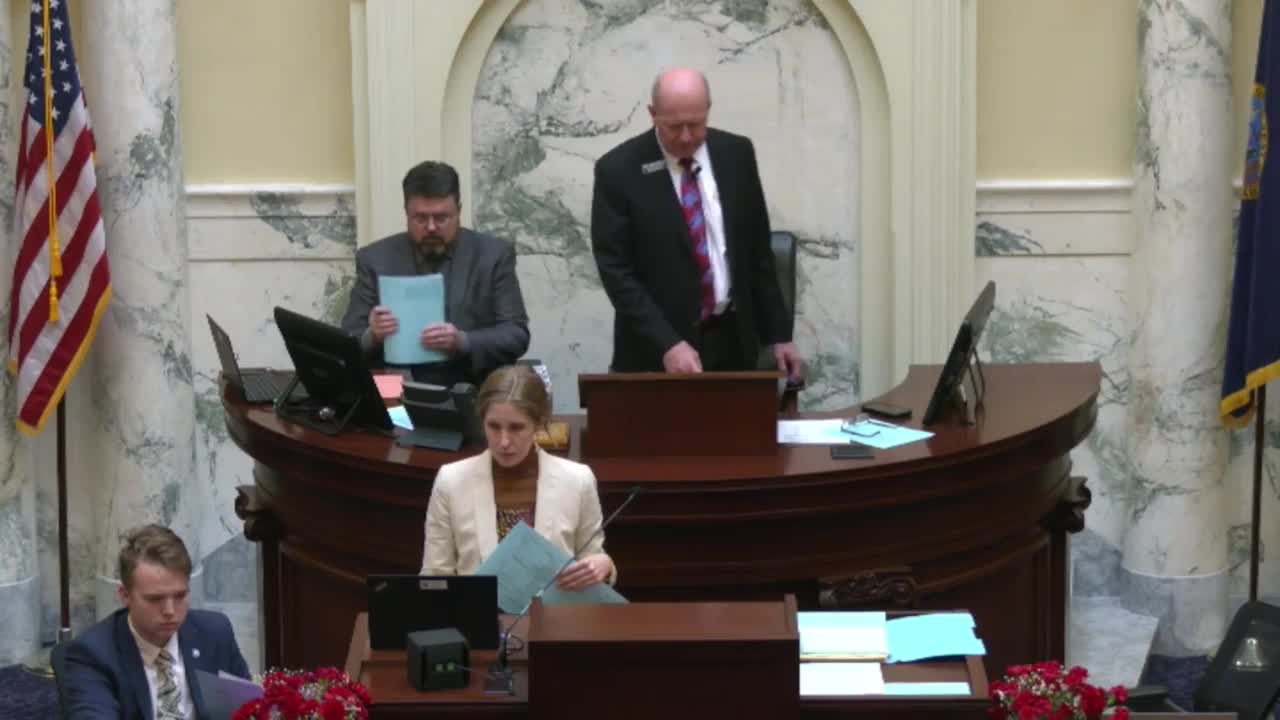Article not found
This article is no longer available. But don't worry—we've gathered other articles that discuss the same topic.
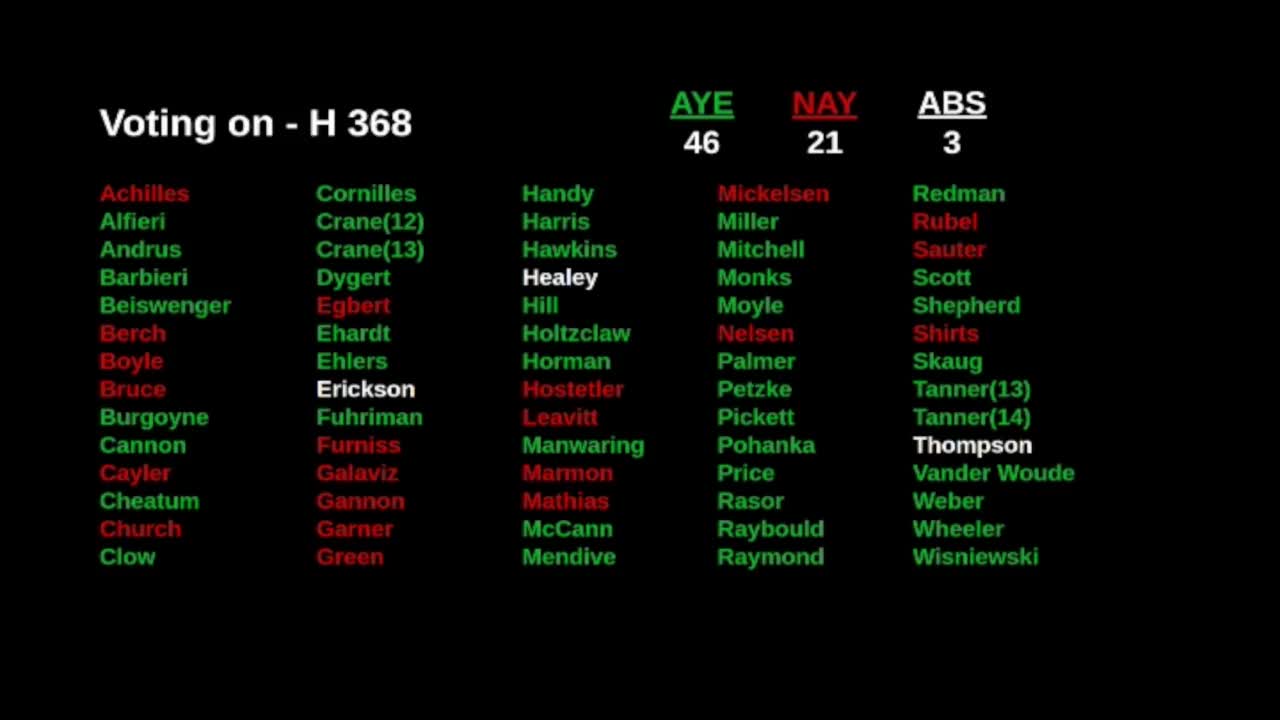
Votes at a glance: key actions from the Idaho House on March 13, 2025
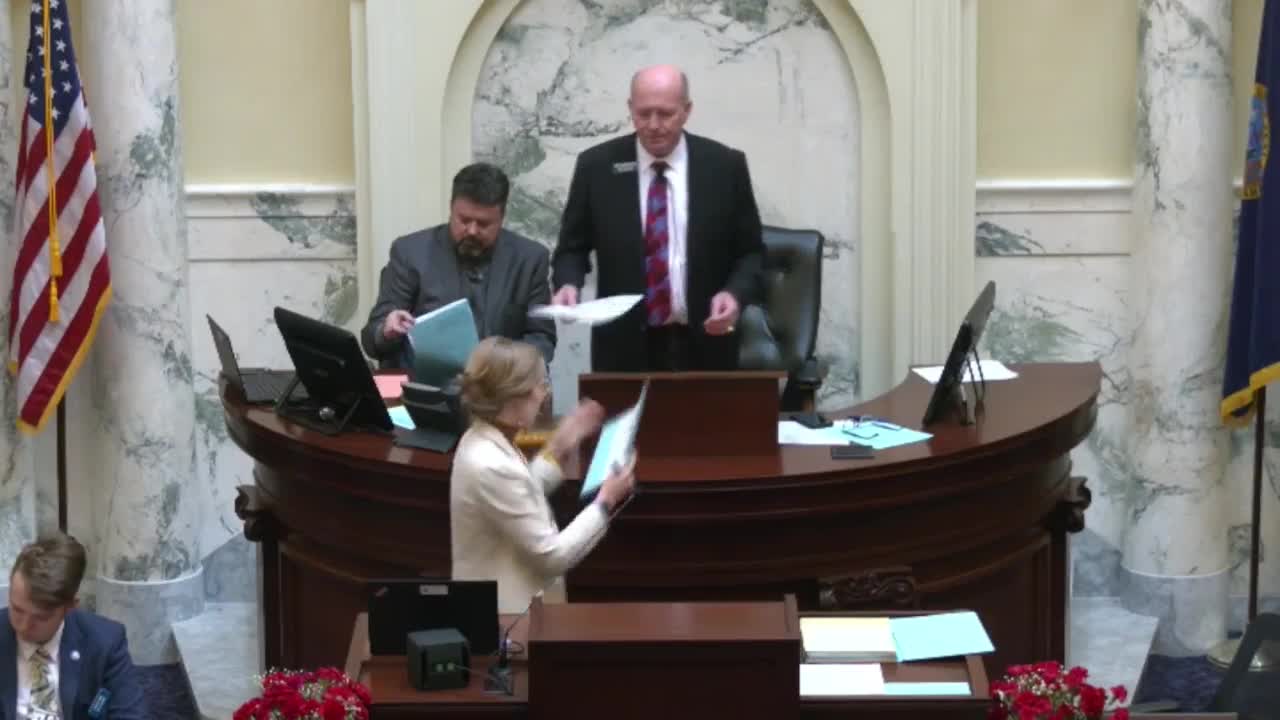
House OKs bill that outlines pathway to transfer HOA control to homeowners
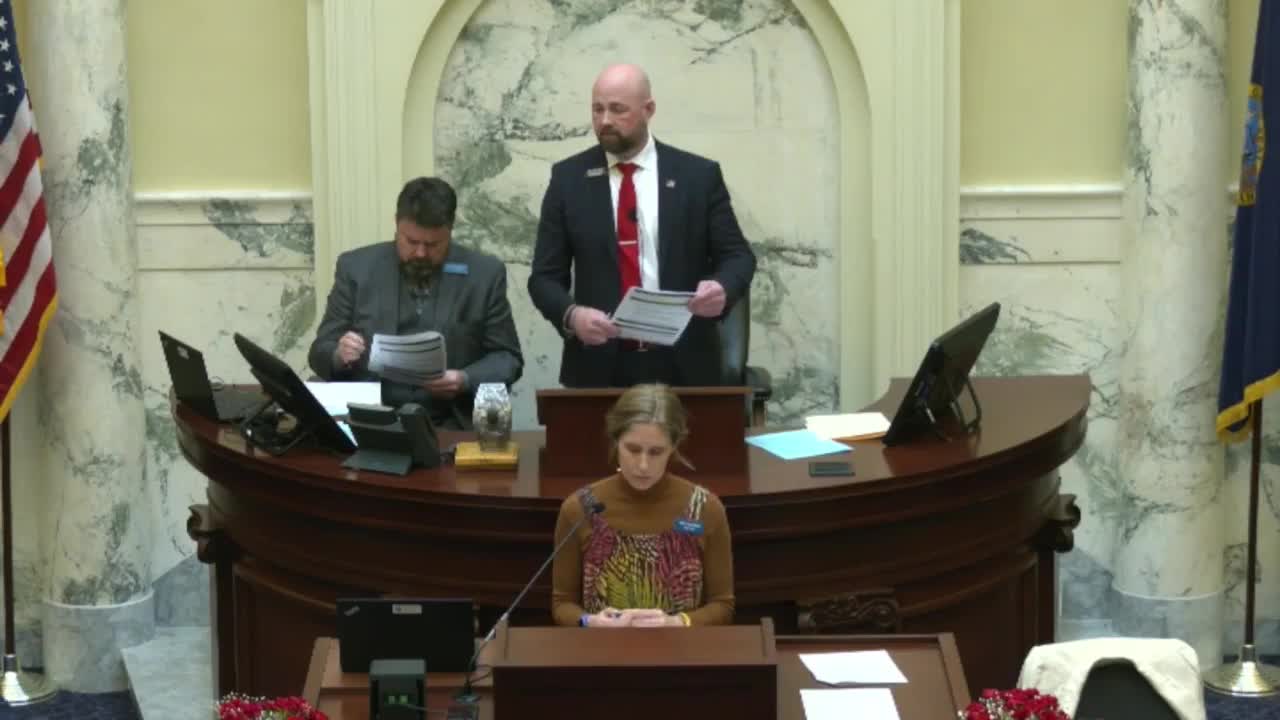
Committee debate sharpens language on party identification bill; amendment to require platform indicator adopted
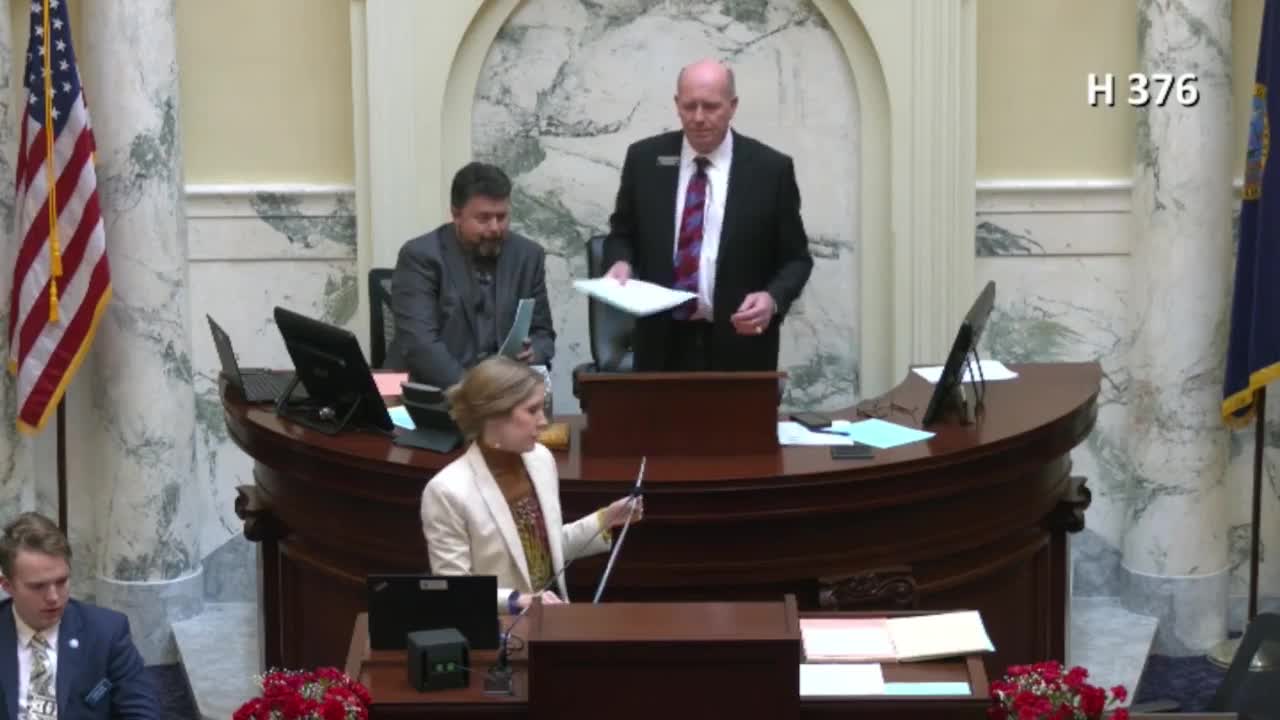
House approves bill limiting bans on carrying firearms on publicly accessible government property
